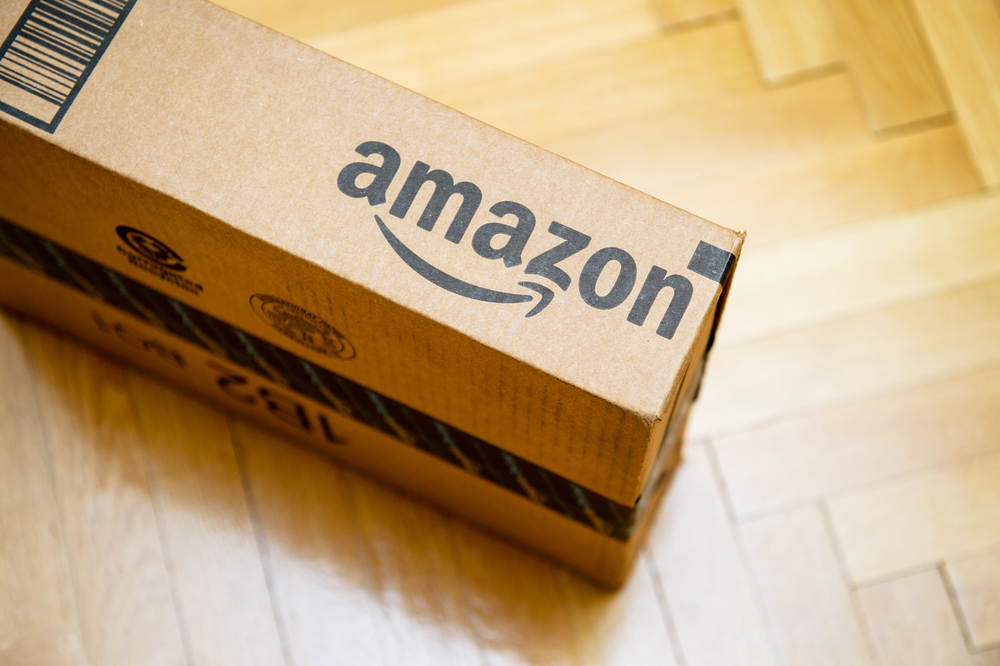In recent years, the UK has seen a significant structural shift away from physical retailers and towards e-commerce. With some of the country’s best known high street shops including Boots and Mothercare all planning store closures in the near future, it is estimated that half of all UK retail sales will be conducted online within the next 10 years.
Online shopping arguably results in more waste due to excess packaging, so what does this mean for online retailers and what can they do to ensure they are operating as sustainably as possible when it comes to waste?

Did you know? 40% of online UK shoppers feel they are being sent deliveries with packaging that is too big for what they ordered.
Consumers are becoming increasingly eco-conscious when shopping online and expect more from companies to ensure unnecessary packaging is reduced where possible.
For example, computer company Dell took the decision to reduce its packaging after feedback from its customers to make its box sizes 10% smaller and to develop bamboo cushioning in place of foam. Not only did this reduce waste and use more sustainable materials, but was also more cost effective, saving £20 million pounds in packaging costs. Indirectly it saved an estimated further £14 million in associated costs from energy, water, transportation and production costs. It also helped to make the company more carbon friendly by reducing greenhouse gas emissions by around 8%.
What is a closed loop solution?
Beyond reducing overall packaging and using more sustainable materials, one of the best ways for retailers, both online and high street, to limit impact of their packaging on the environment is to have a closed loop system. A closed loop system is the process where waste is collected, recycled and processed to create something new.
An example of a successful closed loop solution is plastic milk bottles. At Biffa we work closely with the dairy industry to take HDPE plastic milk bottles and recycle them back into material to create more milk bottles. In 2010, Biffa won the Queen’s Award for Enterprise for pioneering this project.
How can a retailer create a closed loop solution?
For an online retailer, a closed loop solution could include recycling old or broken materials which the retailer would originally put into general waste or sent to landfill. Broken plastic pallets for example, which are used to store and move stock, can be recycled at one of our polymers sites and made into plastic pellets that are then turned into tote boxes to be used in warehouses and to ship stock out to stores.
The benefits of sustainable waste management for online retailers
There are significant benefits for online retailers, as they grow more and more popular, to find sustainable packaging solutions such as:
- Financial – a closed loop systems can reduce costs by avoiding landfill tax.
- Environmental – there is a potential to reduce plastic pollution and waste going to landfill, as well as improved carbon emissions;
- Reputation – marketing a business’s sustainable solution can lead to better customer satisfaction from those prefer to buy sustainably
More information
If you’d like to find out more about how Biffa’s recycling innovations are helping the nation, or if you want to discover more about closed loop recycling, get in touch. You can call our enquiries line on 0800 601 601, or tweet us @biffaservice.




Subscribe for free